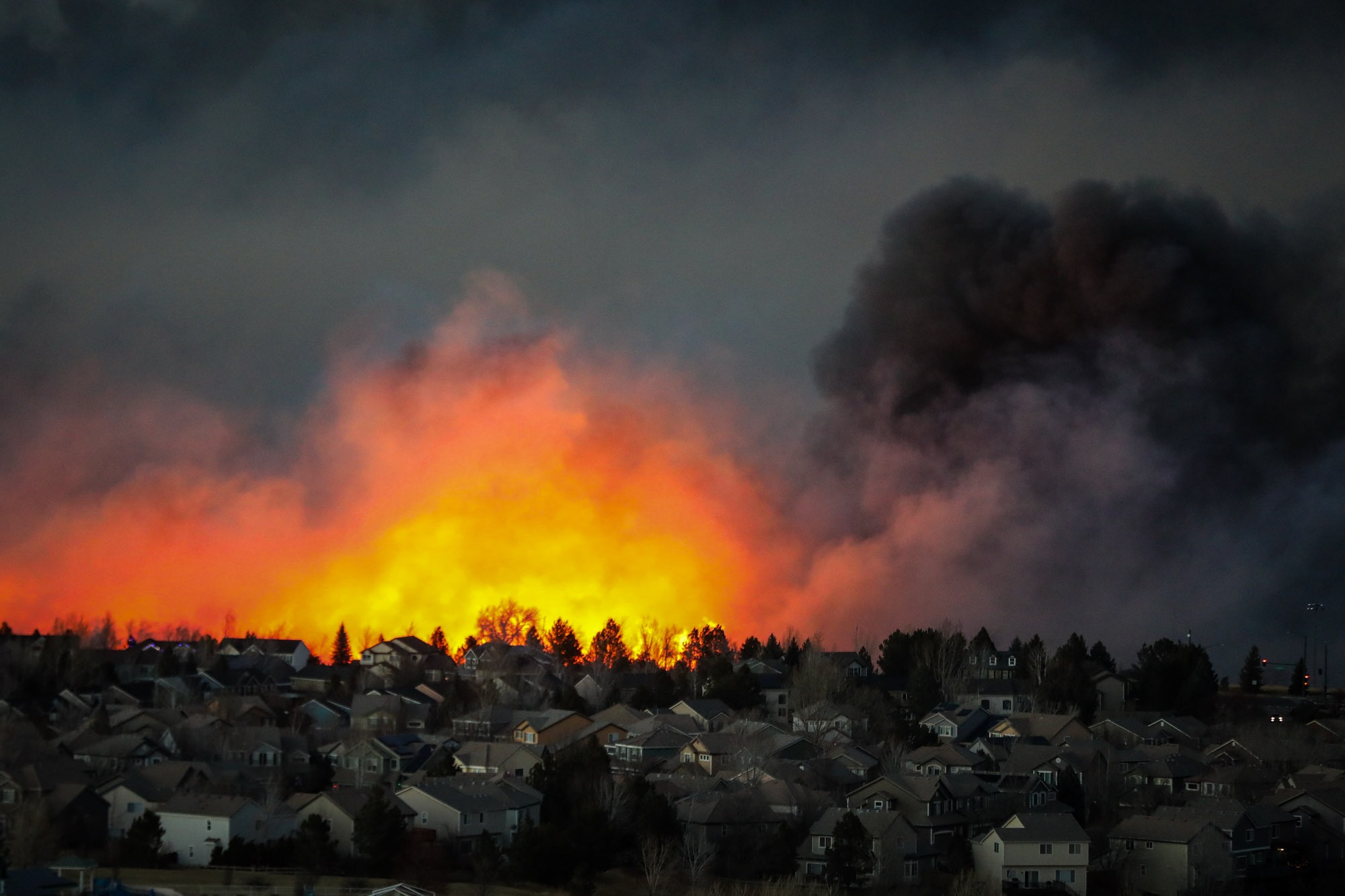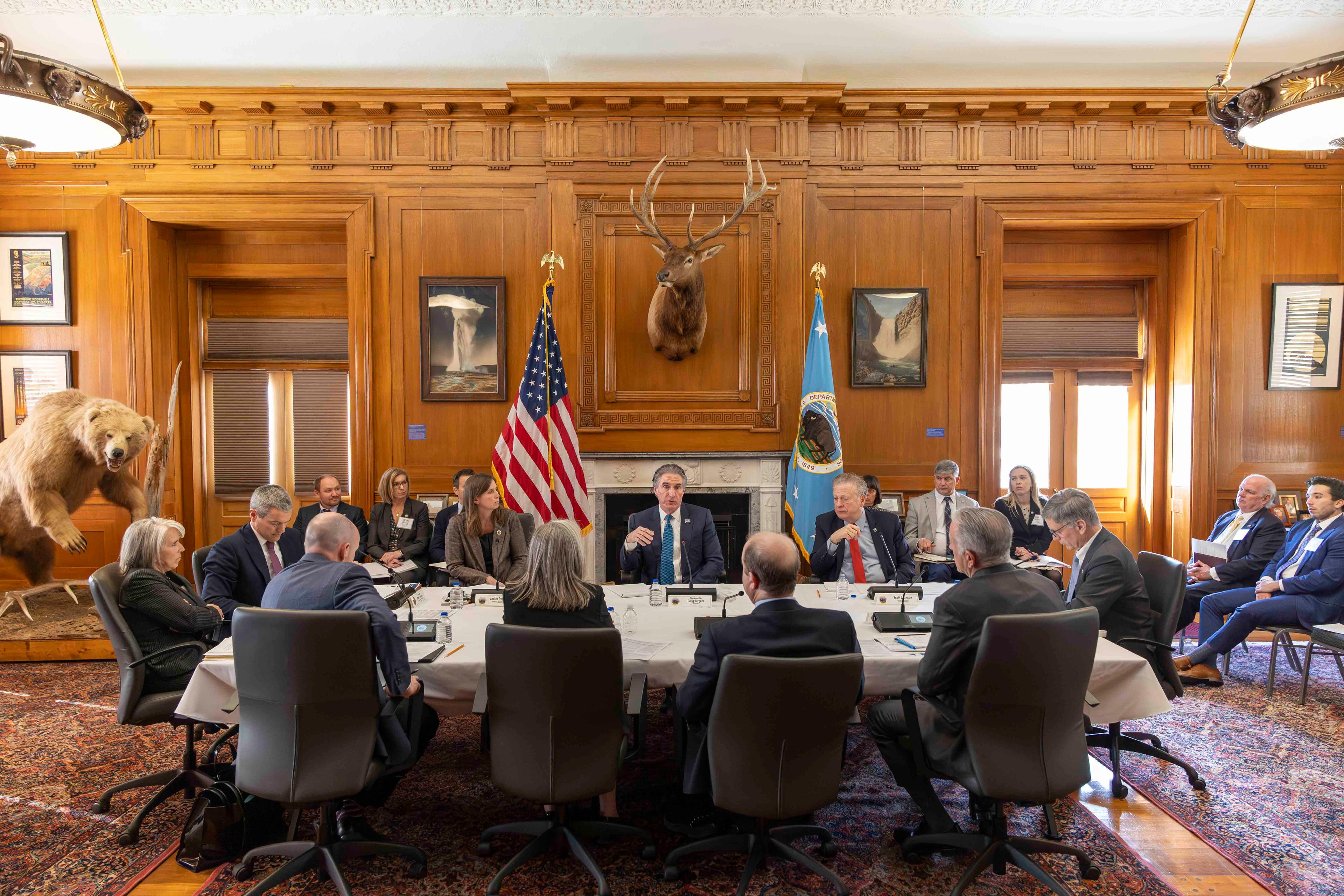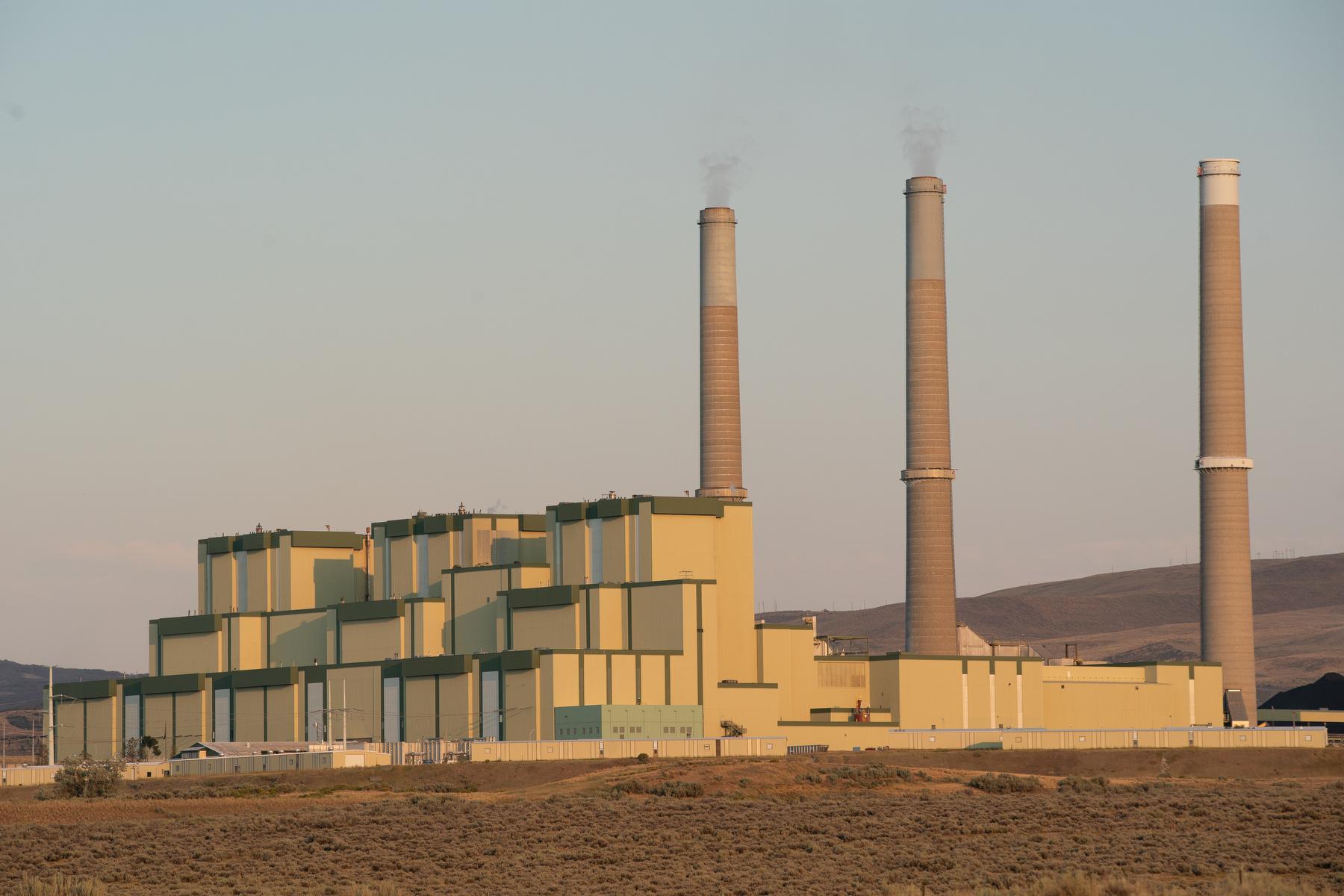
Nearly four years after Colorado’s costliest wildfire, survivors will soon have their day in court.
Jury selection in a trial to determine whether Xcel Energy is liable for sparking one of the ignitions that caused the 2021 Marshall Fire will start on Sept. 25 in Boulder County.
“We continue to maintain that our equipment didn’t start the second ignition in the wildfire and we’re prepared to go to court,” said CEO Bob Frenzel.
During a quarterly earnings call on Thursday, Frenzel said the company would fight off liability and negligence claims, but did not rule out the possibility of settlement before or during the trial.
Frenzel leads Xcel Energy Inc., parent corporation of Xcel’s Colorado subsidiary, the state’s largest power provider.
Two smaller fires eventually merged into the destructive Marshall Fire on Dec. 30, 2021, according to a 2023 investigative report from the Boulder County sheriff’s office. Xcel is disputing that its equipment caused the second fire.
Thousands of plaintiffs, however, contend that the company should be liable for sparking the blaze and be on the hook for millions, if not over a billion dollars in collective damages. Those plaintiffs include Marshall fire survivors, insurance companies, Boulder County, and others.
Determining liability and damages will be decided during two separate jury trials. The company expects the liability trial to wrap up in November.
Opting for a trial
If a jury does find the company liable for sparking the second fire, then further trials would determine the amount of damages the company must pay.
Xcel is facing significant financial risk by opting for a trial. In an earnings document, the company said court-ordered damages could exceed its insurance coverage for such claims, which is $500 million, though it did not provide an exact total for potential losses.
Colorado customers pay for part of that insurance coverage through their energy bills. Last year, insurers massively ratcheted up some of Xcel’s premiums, partly because of wildfire-related lawsuits the company is facing in Colorado and Texas.
Xcel said it’s already burned through $100 million of that insurance coverage to pay legal costs.
While Thursday marked the end of the court-ordered mediation process, according to Frenzel, the company is open to settlement talks.
“We’re always open to settlement discussions,” Frenzel said. “[Though] we have to start with the idea that our equipment didn't cause that second ignition, and we maintain that.”
Trina Ruhland, a deputy Boulder County attorney, said in an email that the county’s legal team is “working to prepare this matter for trial, but remains open to further discussions regarding resolution should they arise.”
Attorneys for other plaintiffs did not immediately return a request for comment.
Xcel juggles several wildfire payouts as it disputes second ignition
The Marshall fire caused more than $2 billion in losses, according to an estimate from the state insurance commissioner. High winds stoked the fire, while bone-dry grasses allowed it to quickly spread and scorch more than a thousand homes and businesses.
The first ignition occurred on the property of the “Twelve Tribes” Christian sect, which had burned scrap metal and other junk in a controlled burn, and covered the pile with dirt.
But less than a week later, strong winds uncovered still-smoldering embers and sprayed them, causing a fast-moving grass fire, according to the sheriff’s report.
The second fire, known as the Trailhead Fire, occurred around the Marshal Mesa trailhead in South Boulder, near Xcel Energy’s power equipment and a few thousand feet away from the first fire.
Investigators and experts hired by the sheriff’s office concluded that the fire’s source was likely a disconnected Xcel powerline that sprayed hot sparks nearby.
“Ultimately, investigators and experts concluded that the most probable cause of this ignition was hot particles discharged from Xcel Energy powerlines,” according to the report.
But the area was also home to a smoldering, underground coal fire that may have been burning for more than 100 years, and had previously caused a small ignition above-ground.
As a result, the sheriff’s office could not conclusively rule out that the coal fire was not the source of the second ignition. (State officials and contractors finally put out the smoldering, underground fire earlier this year.)
“Though experts determined that Xcel Energy’s powerline was the most probable cause of
the Trailhead Fire, investigators cannot completely rule out the possibility that it was in fact
ignited by an underground coal fire located in the same area,” the report said.
Xcel is also paying out claims for the 2024 Smokehouse Creek Fire in Texas, the state’s largest wildfire. The company denies it acted negligently, but did acknowledge “that its facilities appear to have been involved in an ignition” of that fire.
The company estimates it will pay around $290 million in claims and settlements for that fire, which Brian Van Abel, the CFO, said would be at least partially covered by its insurance.






